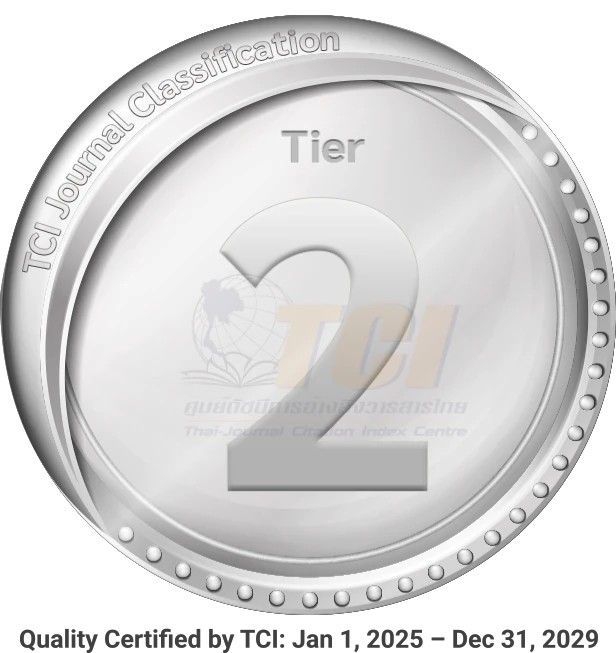Contextual Guessing Strategy Instruction and Students’ Mastery on Phrasal Verbs
(A Quasi-Experimental Study of a State Vocational School in Tasikmalaya)
Abstract
Phrasal verbs (Pvs) as one of the linguistic competence indicators for speakers of English as foreign language (Jacobsen, 2012:2) present considerable difficulty for the learners. One as being amongst the causes of difficulties is remembering the meaning (Pye, 1996:698). Inferring/ guessing meaning from context might be effective to be implemented in improving students’ mastery on Pvs based on the assumptions that inferencing leads to a better retention in vocabulary learning (Krashen in Verspoor, 2003: 550, Lynn & Posnansky, Jenkins, Matlock & Slocum in Zaid, 2009: 57, Bialystok, Nation, Nation & Coady, Schouten in Hulstjin (1992:113). This study aims to measure (1) the effect of contextual guessing strategy instruction (CGSI) (adapted from Nation & Coady: 1988) on the students’ mastery on Pvs, and to investigate (2) the students’ attitudes towards the implementation CGSI. The study employs quasi-experimental study method by involving 59 second grader students. The study showed there was a positive effect on the students’ mastery on PVs after they have been exposed with CGSI. The effectiveness can be seen from the comparison of the mean rank scores of the two groups which were 34.18 (experimental group) and 25.67 (control group). The difference was 8.51 point The Mann Whitney U test supported the significant of the effectivenes in which the P value was less than the critical alpha which means the Ha was accepted and the Ho was rejected. Besides, it was found that students had positive attitudes (affective, cognitive, behavior) on the implementation of CGSI. The finding of the students’ attitudes was consistent with the finding of the experiment. Therefore, the contextual guessing strategy instruction is worth addressing in teaching phrasal verbs as a vocabulary type in particular.



